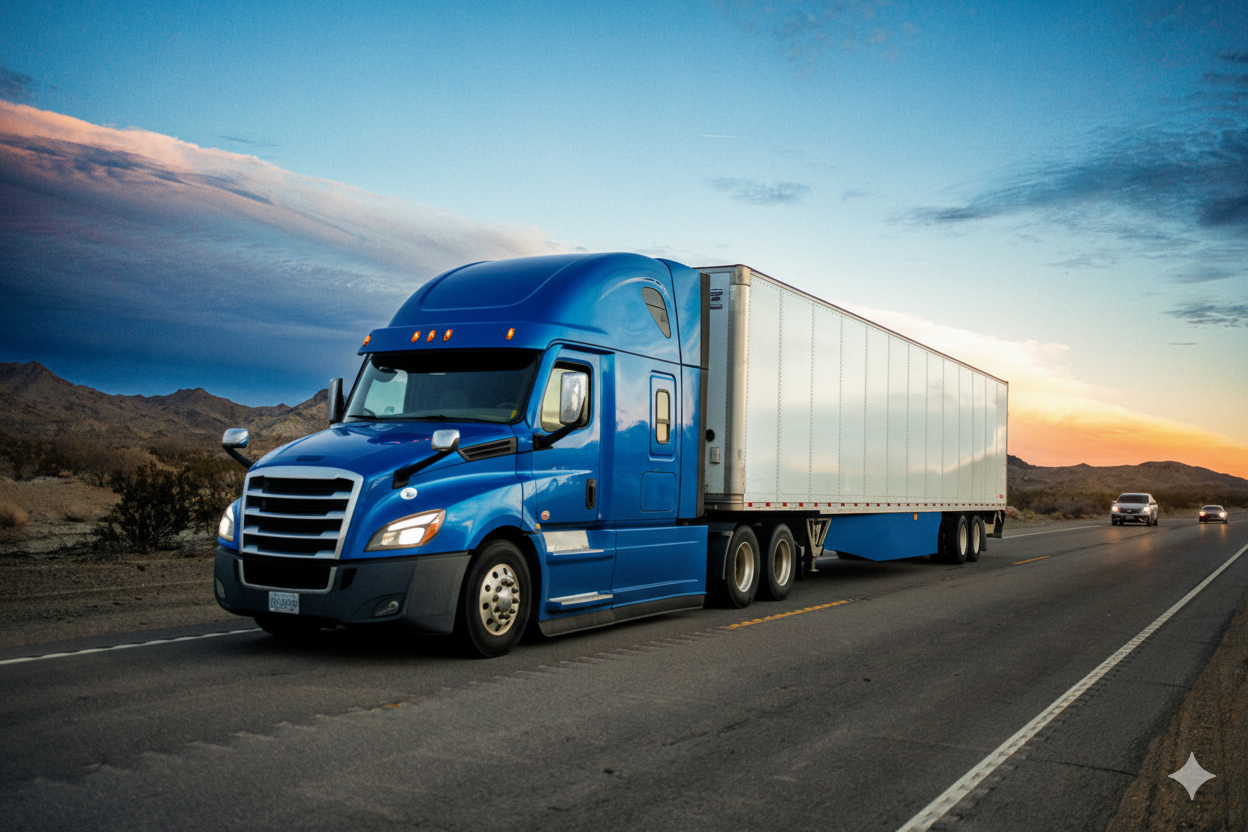🚔 What Is a CWOF?
A CWOF (Continuance Without a Finding) is a legal disposition where you admit that there are enough facts to find you guilty, but the judge doesn’t officially enter a guilty verdict. Instead, the case is “continued” for a set period—usually with conditions like probation, classes, or staying out of trouble.
If you successfully complete the terms, the charge is typically dismissed, meaning there’s no formal conviction on your criminal record.
Think of it like a second chance: you’re not being found guilty, but you’re also not being let off the hook.
⚖️ Is a CWOF a Conviction?
That’s where things get tricky.
- Under Massachusetts law: A CWOF is not a conviction if you complete probation.
- For background checks or immigration: It might still be treated like a conviction—especially because it involves an admission to sufficient facts.
- For CDL drivers and motor vehicle records: A CWOF is almost always treated like a conviction (more on that below).
🚛 What Does a CWOF Mean for CDL and MVR Checks?
If you hold a Commercial Driver’s License (CDL) or are applying for one, a CWOF can be a big deal. That’s because federal regulations and most state RMVs don’t care about the technical difference between a conviction and a CWOF when it comes to serious traffic offenses.
In most cases, a CWOF for:
- OUI/DUI (Operating/Driving Under the Influence)
- Leaving the scene of an accident
- Using a vehicle to commit a felony
…will be treated just like a conviction for the purposes of:
- License suspension
- CDL disqualification
- Employer screening
- Insurance evaluation
Even though Massachusetts may not call it a conviction, the FMCSA (Federal Motor Carrier Safety Administration) does.
📋 How Will It Show Up on Your Record?
- Criminal background checks: A CWOF will appear unless you get it sealed.
- MVR checks: It will appear as a violation, often flagged similarly to a conviction.
- Employer checks: Most trucking employers or agencies will not distinguish between a CWOF and a conviction if the offense involved a vehicle.
🧠 Why Does This Matter?
If you’re in the trucking industry or another regulated field, it’s crucial to understand how your record is interpreted—not just how it’s labeled. A CWOF may sound like a softer outcome than a conviction, but in practice, it can carry nearly the same consequences, especially for CDL holders.
✅ Bottom Line
A CWOF is not a conviction under Massachusetts law, but for CDL drivers and MVR checks, it’s usually treated as one. If you’re considering accepting a CWOF—or already have one on your record—it’s worth talking to a legal professional, especially if your job depends on your driving record or if you plan to apply for commercial work.
Understanding the true impact of a CWOF can help you plan ahead, protect your career, and make informed decisions about your legal options.
Let me know if you’d like to add personal anecdotes, citations, or visuals to enhance the blog.









